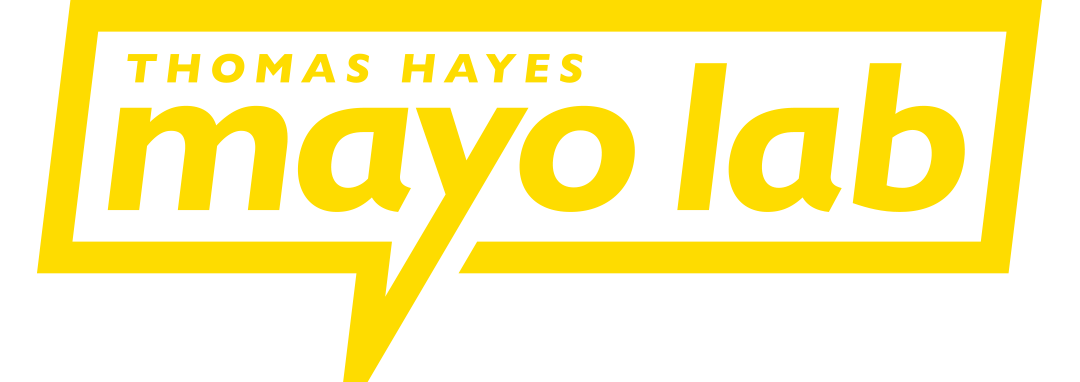How Social Media Feeds Substance Use Among Teens
In 2022, TikTok’s monthly active users hit 1.4 billion, a staggering number expected to climb to 1.8 billion by the end of this year. With such a huge user base, some are asking what effect this app—and other popular social media platforms—will have on teenagers, who make up for much of the audience. Recent studies point to a correlation between social media use and favorable opinions on substances.
A study that assessed 264 TikTok videos related to e-cigarettes found that 97.7 percent “portrayed them positively.” A similar study looked at 16 million social media posts on a variety of popular platforms, finding that the majority of those, too, depicted drug and alcohol use positively.
What This Means For Substance Use
Teens’ heavy use of social media, coupled with their vulnerability, could create a real problem. Though recent studies have shown that the number of teens using substances has largely stabilized, there is also evidence that the risk of overdose deaths in teens is growing. When social media presents substances in a beneficial light, they’re ignoring the very possible harm.
Though many platforms have implemented content policies to combat concerns, little change can be seen in practice. One example can be found in the previous study that looked at 264 TikTok videos. Their research found that 26.1 percent violated TikTok’s content policy through promoting e-cigarettes for purchase. Even so, the videos remained online.
Giving Kids the Tools
Social media is not going away, so what can adults do to help kids interact with social media in a healthy way?
One county in West Michigan may have found a solution. Kent County is hosting a youth summit, focused on encouraging kids and teens to rethink popular misconceptions about alcohol, tobacco and other drugs—namely, that these substances are not harmful.
This teen-informed programming is set to include a DJ, along with workshops on “social media ‘perfectionism,’ living in a ‘fake news’ culture, [and] understanding if you have a substance abuse issue…”
Disregarding the DJ, this youth summit is not unlike the programming David Magee, host of The Mayo Lab, often suggests.
In one of the Inside the Mayo Lab mini episodes, Magee said, “At an early level, if you're going to be born into the culture of a smartphone…can’t you immediately [be] born into an educational process where you are learning from day one, just like you learn your ABCs, what this involves in how you can best interact with it, and how it may impact your life?”
By starting early with honest education and relevant tools, kids can learn how to navigate social media’s pitfalls themselves, along with their peers.
